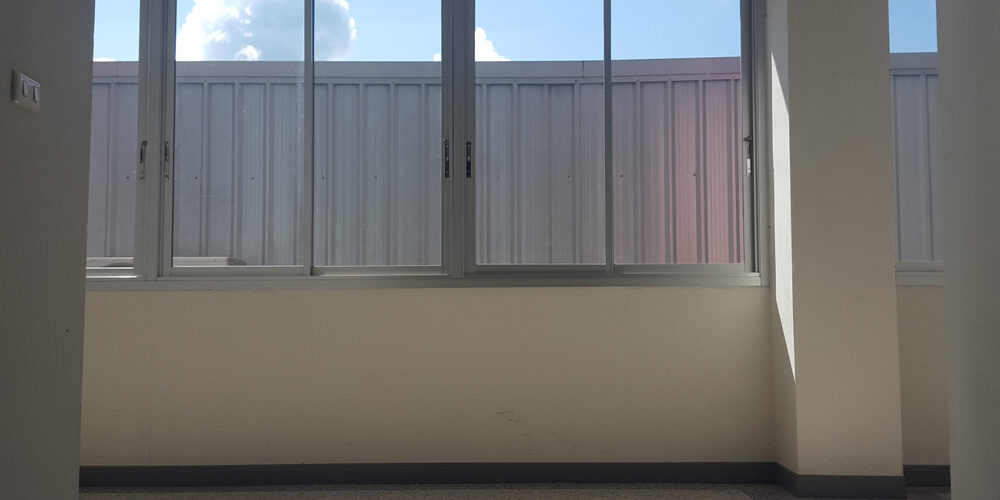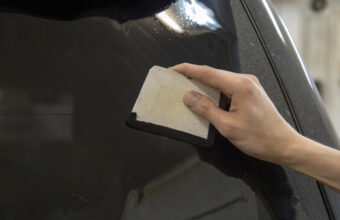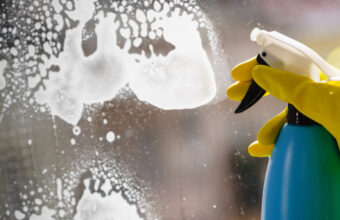Yes, it’s generally okay to tint your house windows, and doing so can offer several benefits. Yet, the decision to tint home windows should consider various factors including local regulations, the type of tint, and the intended benefits.
Here are some key points to consider…
Benefits of Home Window Tinting
- Energy Efficiency – Window tints can reduce heat gain during summer and retain heat in winter, leading to lower energy bills and increased comfort.
- UV Protection – Many window tints block harmful UV rays, protecting your skin and preventing the fading of furniture, curtains, and flooring.
- Privacy – Tinted windows can increase privacy during the day, making it harder for people to see inside your home from the outside.
- Glare Reduction – Tinting can reduce the glare from sunlight, making it easier to watch TV or work on a computer without the interference of direct sunlight.
- Security and Safety – Some window tints are designed to reinforce glass, making windows more shatter-resistant against accidents or break-ins.
Considerations Before Tinting Home Windows
- Local Regulations and HOA Rules – Some areas or homeowners’ associations have rules regarding window tinting. It’s vital to check these regulations to ensure compliance.
- Type of Tint – There are various types of window tinting materials and technologies available, each offering different levels of heat rejection, UV protection, and visibility. Professional consultation can help you choose the right one for your needs.
- Professional Installation vs. DIY – While DIY kits are available, professional installation ensures the tint is applied correctly without bubbles or peeling, and it often comes with a warranty.
- Cost – The cost of window tinting can vary widely based on the type of tint, the number of windows, and whether you opt for professional installation. Consider this an investment in energy savings and comfort.
- Aesthetics – Tinted windows will change the appearance of your home from both the inside and outside. Consider how this will affect your home’s aesthetic appeal.
Maintenance and Longevity
- Durability – High-quality window tints can last for many years, but they may eventually need to be replaced due to peeling, bubbling, or fading.
- Cleaning – Tinted windows require careful cleaning with non-abrasive materials to avoid scratching the tint.
In summary, tinting your house windows can offer significant benefits, from energy savings to increased privacy. Nevertheless, it’s vital to carefully consider the type of tint, local regulations, and whether the benefits align with your specific needs and preferences. Consulting with a professional can provide tailored advice and ensure that the job is done correctly, maximizing the benefits of your investment.






